Maxillofacial Surgery in Turkey
Healthy Türkiye helps you find the best maxillofacial surgery in Turkey at affordable prices and adopts a 360-degree service approach in all areas of health through affiliated hospitals.
- Medical Treatment
- Ear Nose and Throat Treatment in Turkey
- Septoplasty in Turkey
- Goiter Removal Surgery in Turkey
- Rhinology and Sinus Surgery in Turkey
- Cochlear Implant in Turkey
- LAUP in Turkey
- Laser Stapedotomy Surgery in Turkey
- UPPP Surgery in Turkey
- Adenoidectomy in Turkey
- Laryngology Treatment in Turkey
- Maxillofacial Surgery in Turkey
- Sleep Medicine and Surgery in Turkey
- Snoring Treatment in Turkey
- Tonsillectomy in Turkey
- Tympanoplasty in Turkey
- Frenectomy in Turkey
- Homepage
- Medical Treatment
- Maxillofacial Surgery in Turkey
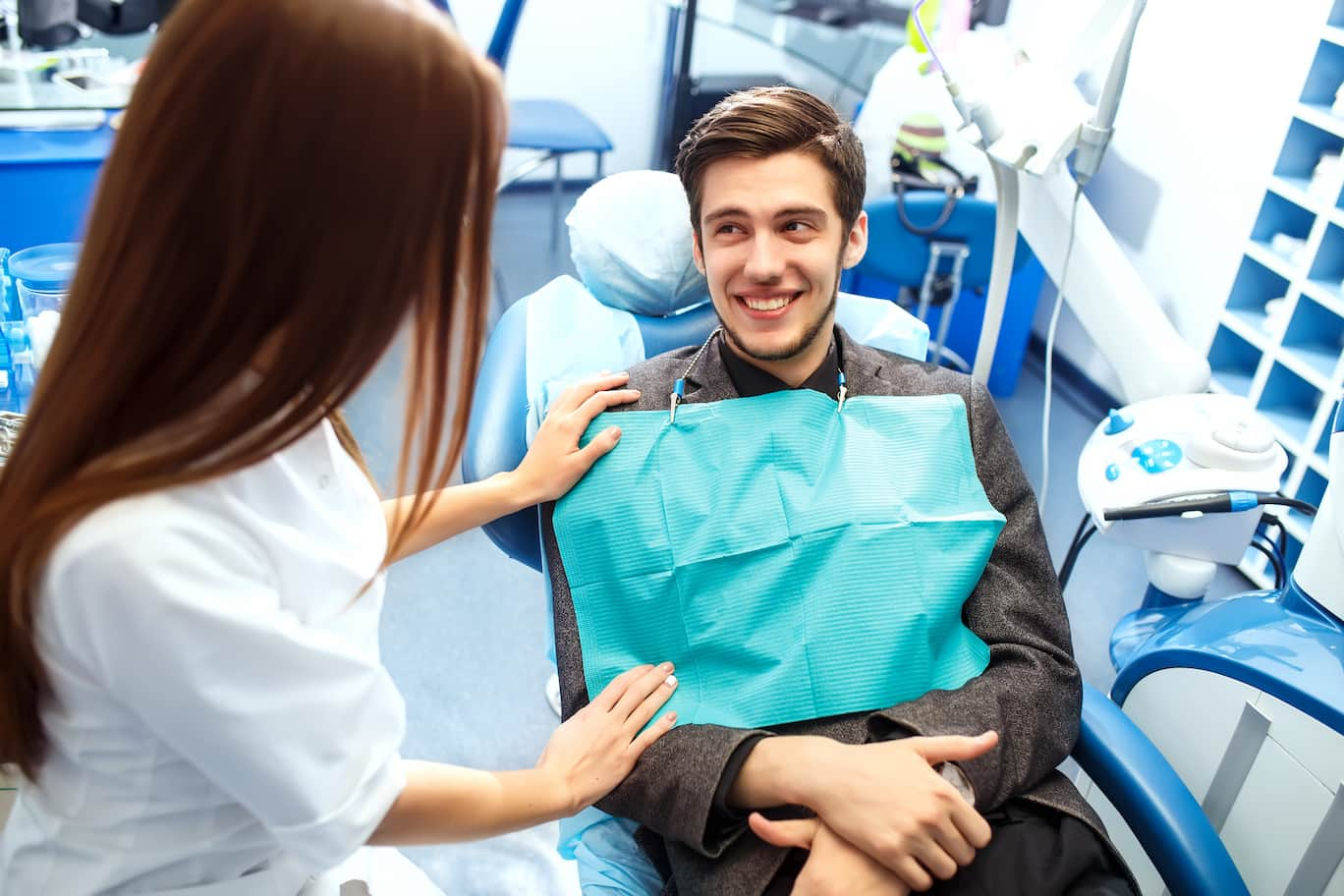
About Maxillofacial Surgery in Turkey
Maxillofacial surgery, also known as oral and maxillofacial surgery, is a medical specialty that involves the diagnosis, treatment, and surgical management of diseases, injuries, and defects in the head, neck, face, jaws, and oral cavity. In Turkey, maxillofacial surgery is a rapidly growing field with numerous well-established institutions and skilled practitioners.
Turkey has a long history of medical excellence, with a strong emphasis on education and training. As a result, the country has developed a thriving healthcare sector that offers world-class medical services in a wide range of specialties, including maxillofacial surgery. The Turkish Society of Oral and Maxillofacial Surgery (TSOMS) is the main professional organization for oral and maxillofacial surgeons in the country, and it plays a critical role in advancing the field and ensuring high standards of practice.
Maxillofacial surgery is performed in a variety of settings in Turkey, including public and private hospitals, clinics, and specialized surgical centers. Many of these facilities are equipped with the latest technology and equipment, allowing surgeons to perform complex procedures with a high degree of precision and accuracy. In addition, Turkish maxillofacial surgeons often collaborate with other medical specialists, such as neurosurgeons, ophthalmologists, and plastic surgeons, to provide patients with comprehensive and personalized care.
At Healthy Türkiye, we work in collaboration with professional doctors and specialists having substantial expertise in effectively executing maxillofacial surgery in Turkey. They have ensured various successful procedures for patients who have undergone maxillofacial surgery at hospitals associated with our medical tourism company in Turkey. Our team makes sure that you receive the finest maxillofacial surgery and continue your life.
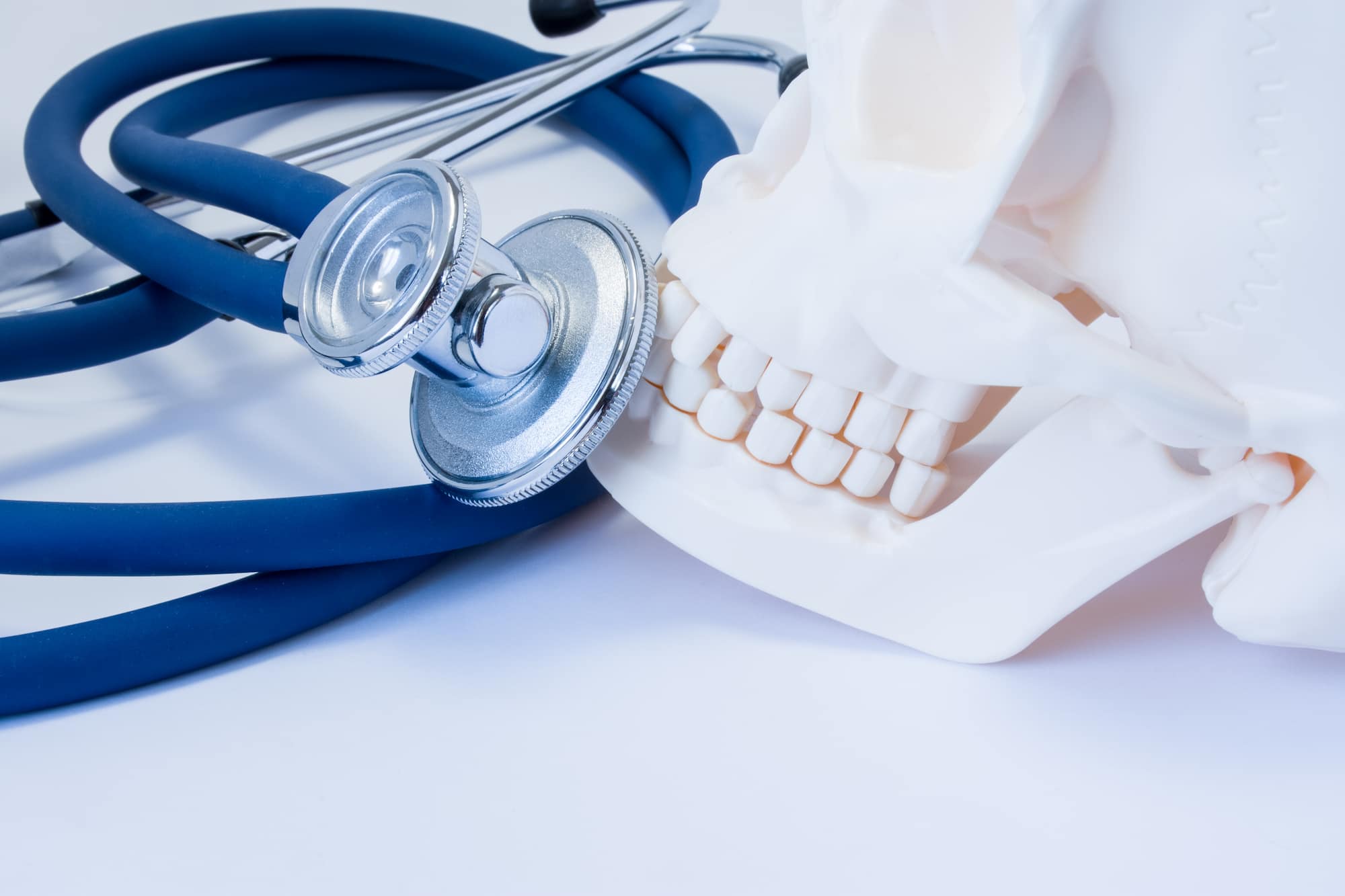
Maxillofacial Surgery Procedure in Turkey
Maxillofacial surgery, also known as oral and maxillofacial surgery, is a medical specialty that involves the diagnosis, treatment, and surgical management of diseases, injuries, and defects in the head, neck, face, jaws, and oral cavity. Maxillofacial surgeons often work closely with other medical specialists, such as neurosurgeons, plastic surgeons, and oncologists, to provide comprehensive and personalized care.
Maxillofacial surgery includes a wide range of procedures, from minor oral surgeries to complex reconstructive surgeries. Some common procedures include dental implant surgery, which replaces missing teeth with artificial ones, orthognathic surgery, which corrects jaw misalignments and facial asymmetry, facial trauma surgery, which repairs fractures and other injuries to the face and skull, and tumor resection, which removes cancerous and benign growths from the head and neck.
To become a maxillofacial surgeon, extensive training and education are required. Maxillofacial surgeons must have a deep understanding of the anatomy and function of the head, neck, face, jaws, and oral cavity, as well as expertise in surgical techniques and post-operative care. They may also provide non-surgical treatments, such as prescribing medication or recommending lifestyle changes to manage or prevent oral and maxillofacial diseases and conditions.
Reasons for Maxillofacial Surgery
Maxillofacial surgery may be necessary for a variety of reasons, including dental problems, facial trauma, cancer treatment, reconstructive surgery, obstructive sleep apnea, temporomandibular joint disorders, and cleft lip and palate. Here are some common reasons why someone may need maxillofacial surgery:
Dental problems: Maxillofacial surgery may be necessary to correct dental issues, such as impacted wisdom teeth, jaw misalignments, and severe bite problems.
Facial trauma: Maxillofacial surgery may be required to treat fractures and other injuries to the face and skull caused by accidents or physical assaults.
Cancer treatment: Maxillofacial surgery may be necessary to remove cancerous and non-cancerous tumors in the head, neck, face, or jaws.
Reconstructive surgery: Maxillofacial surgery may be used to reconstruct facial features that have been damaged or lost due to congenital defects, trauma, or cancer treatment.
Obstructive sleep apnea: Maxillofacial surgery may be recommended to treat obstructive sleep apnea, a sleep disorder in which the airway becomes blocked during sleep, causing breathing difficulties.
Temporomandibular joint (TMJ) disorders: Maxillofacial surgery may be necessary to treat TMJ disorders, which can cause pain and discomfort in the jaw joint and muscles.
Cleft lip and palate: Maxillofacial surgery may be used to repair cleft lip and palate, a birth defect that affects the development of the lip and/or palate.
These are just some of the reasons why someone may require maxillofacial surgery. If you are experiencing any of these issues or other problems related to the head, neck, face, jaws, or oral cavity, it is important to consult with a qualified maxillofacial surgeon to determine the best course of treatment.
Diagnosis for Maxillofacial Surgery in Turkey
Diagnosing conditions that require maxillofacial surgery involves a thorough evaluation of the patient’s medical history, symptoms, and physical examination in Turkey. The diagnostic process may also include imaging tests, such as X-rays, CT scans, and MRI scans, as well as laboratory tests to evaluate blood chemistry and other indicators of overall health.
During the physical examination, the maxillofacial surgeon will assess the patient’s head, neck, face, jaws, and oral cavity for signs of injury, disease, or abnormality. They may also perform functional tests to evaluate the patient’s ability to move their jaw and bite properly.
Imaging tests may be ordered to provide a more detailed view of the structures and tissues in the head, neck, face, and jaws. X-rays are commonly used to evaluate the teeth, jaws, and facial bones, while CT scans and MRI scans can provide more detailed images of the soft tissues, nerves, and blood vessels. Laboratory tests may also be ordered to evaluate the patient’s overall health and to rule out underlying medical conditions that could impact their ability to undergo surgery.
Once a diagnosis has been made, the maxillofacial surgeon will work with the patient to develop a personalized treatment plan that addresses their specific needs and goals. This may involve surgery, non-surgical treatments, or a combination of both, depending on the nature and severity of the condition.
The diagnosis process for maxillofacial surgery is a critical first step in providing effective and personalized care to patients with conditions affecting the head, neck, face, jaws, and oral cavity. If you are experiencing symptoms or have concerns about your oral and maxillofacial health, it is important to consult with a qualified maxillofacial surgeon to receive a proper diagnosis and treatment plan. Contact to Healthy Türkiye!
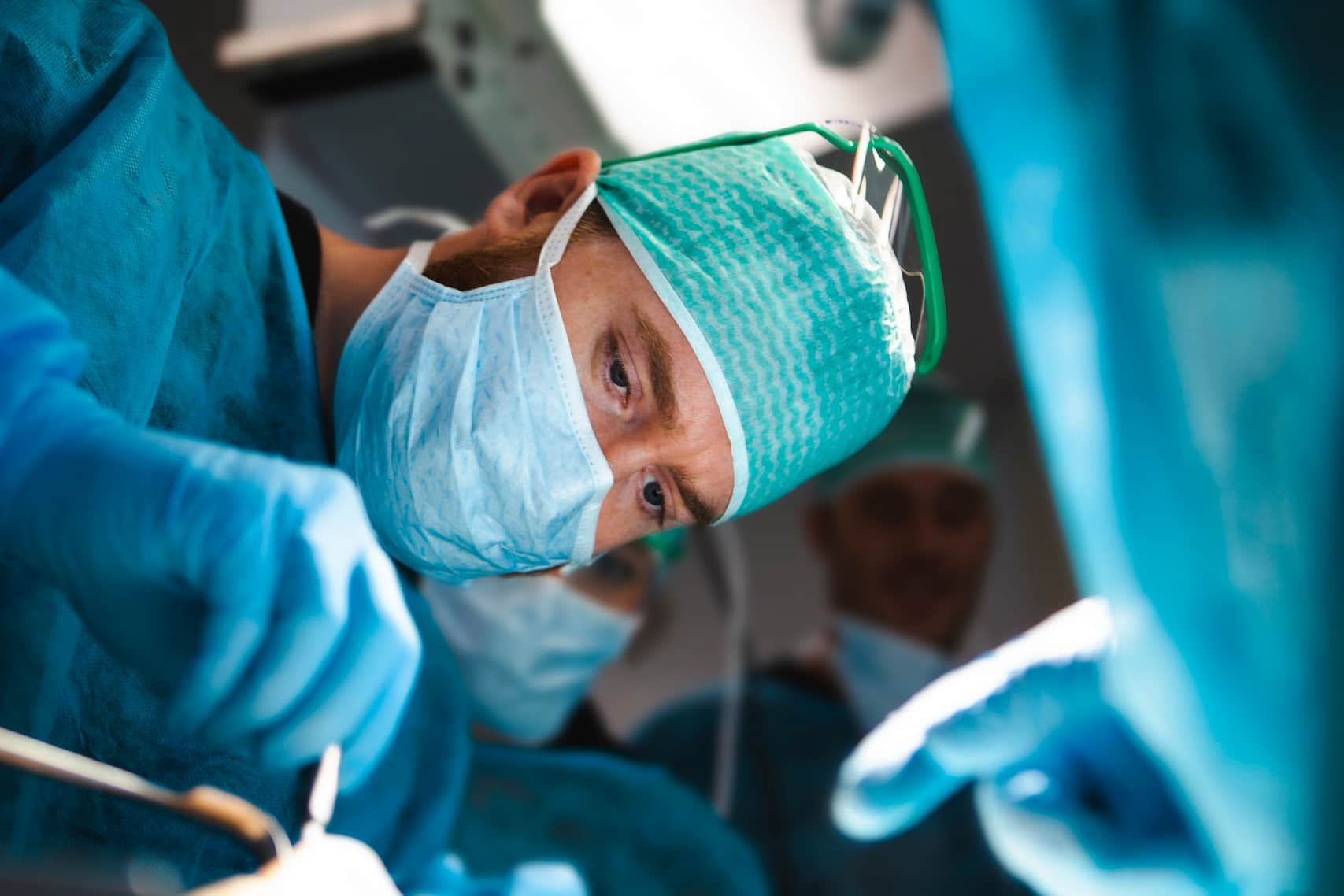
We Care About Your Health
Healthy Türkiye provides the best for your health and comfort. You will feel privileged with us.
7/24 Quality Personal Assistance Throughout Your Journey
Customizable for You All-Inclusive Packages
Get the Right Advice for your Health
How Is Maxillofacial Surgery Performed in Turkey?
Maxillofacial surgery can be performed using a variety of surgical techniques in Turkey, depending on the nature and severity of the condition being treated. These techniques may include traditional open surgery, minimally invasive surgery, or a combination of both.
Before the surgery, the patient will be given anesthesia to ensure that they are comfortable and pain-free throughout the procedure. Anesthesia may be administered locally, regionally, or through general sedation, depending on the extent of the surgery and the patient’s individual needs.
During the surgery, the maxillofacial surgeon will make incisions in the skin and soft tissues of the head, neck, or face, as needed, to access the affected area. They will then use specialized surgical instruments to perform the necessary procedures, such as removing impacted wisdom teeth, realigning the jaw, repairing facial fractures, or removing tumors.
In some cases, the surgeon may use computer-assisted technology to guide the surgery and ensure optimal precision and accuracy. This can be especially helpful for complex procedures, such as reconstructive surgery or the removal of tumors near critical structures, such as the nerves and blood vessels.
After the surgery, the patient will be closely monitored and may need to stay in the hospital for a period of time, depending on the extent of the surgery and the individual’s recovery needs. They may also be given pain medications, antibiotics, and other medications to manage pain, prevent infection, and promote healing.
After Maxillofacial Surgery in Turkey
After a maxillofacial surgery in Turkey, the patient will require a period of recovery and healing, which may vary depending on the nature and extent of the surgery. The patient will be given specific instructions by the surgeon regarding post-operative care, which may include dietary restrictions, pain management, wound care, and other instructions to promote healing and reduce the risk of complications.
Pain management is an important aspect of post-operative care, and the patient may be given prescription pain medications or over-the-counter pain relievers to manage pain and discomfort. The surgeon may also recommend using cold compresses or ice packs to reduce swelling and inflammation.
The patient should follow a soft-food diet for several days or weeks, depending on the extent of the surgery and the individual’s recovery progress. This may include foods such as soups, smoothies, mashed potatoes, and scrambled eggs, and avoiding hard, crunchy, or spicy foods that can irritate the surgical site.
It is important to follow the surgeon’s instructions regarding wound care, which may include keeping the surgical site clean and dry, changing dressings regularly, and avoiding activities that may disrupt the healing process, such as smoking or drinking alcohol.
Follow-up appointments with the surgeon may be necessary to monitor the healing process and to evaluate the success of the surgery. The surgeon may recommend additional treatments or therapies as needed to promote healing and reduce the risk of complications.
Benefits of Maxillofacial Surgery
Regardless of the specific procedure, there are many potential benefits to maxillofacial surgery. These can include improved oral health, enhanced appearance, better breathing and digestion, reduced pain, improved speech, and treatment of trauma, among others. Each individual’s experience with maxillofacial surgery will be unique, depending on their specific needs and the nature of the procedure. Benefits are:
Improved oral health: Maxillofacial surgery can help to address a wide range of dental and oral health issues, such as impacted wisdom teeth, malocclusion, and temporomandibular joint (TMJ) disorders, which can improve oral health and prevent future problems.
Enhanced appearance: Maxillofacial surgery can help to improve the appearance of the face and jawline, correcting issues such as a receding chin, a misaligned jaw, or a gummy smile, which can boost self-confidence and self-esteem.
Improved breathing: Maxillofacial surgery can help to address issues with the airway, such as sleep apnea, by removing obstructions or repositioning the jaw to open up the airway and improve breathing.
Better digestion: Maxillofacial surgery can help to improve the digestive system by correcting issues such as an overbite or underbite, which can improve the ability to chew food properly and prevent gastrointestinal issues.
Reduced pain: Maxillofacial surgery can help to alleviate pain associated with conditions such as TMJ disorders, jaw fractures, and dental infections, which can improve quality of life and overall well-being.
Improved speech: Maxillofacial surgery can help to correct speech impediments caused by issues such as cleft lip and palate, improving communication abilities and overall quality of life.
Treatment of trauma: Maxillofacial surgery can help to repair damage caused by facial trauma, such as fractures or lacerations, improving both physical and emotional well-being.
The benefits of maxillofacial surgery can be significant, helping patients to achieve better oral health, improved appearance, and a better quality of life. It is important to consult with a qualified maxillofacial surgeon to determine if surgery is appropriate and to discuss the potential benefits and risks of the procedure.
Diet for Maxillofacial Surgery
Following a healthy diet after maxillofacial surgery is an important aspect of the recovery process. It is recommended to focus on soft, nutrient-rich foods that are easy to chew and swallow, such as soups, smoothies, and well-cooked meats. It is also important to drink plenty of fluids, with at least eight glasses of water per day, while avoiding alcoholic and caffeinated beverages. Spicy and acidic foods should also be avoided, along with any foods that may irritate the surgical site. Eating smaller, more frequent meals throughout the day can help to prevent nausea and vomiting. Additionally, the surgeon may recommend taking supplements such as vitamin C, vitamin D, and calcium to support healing and recovery.
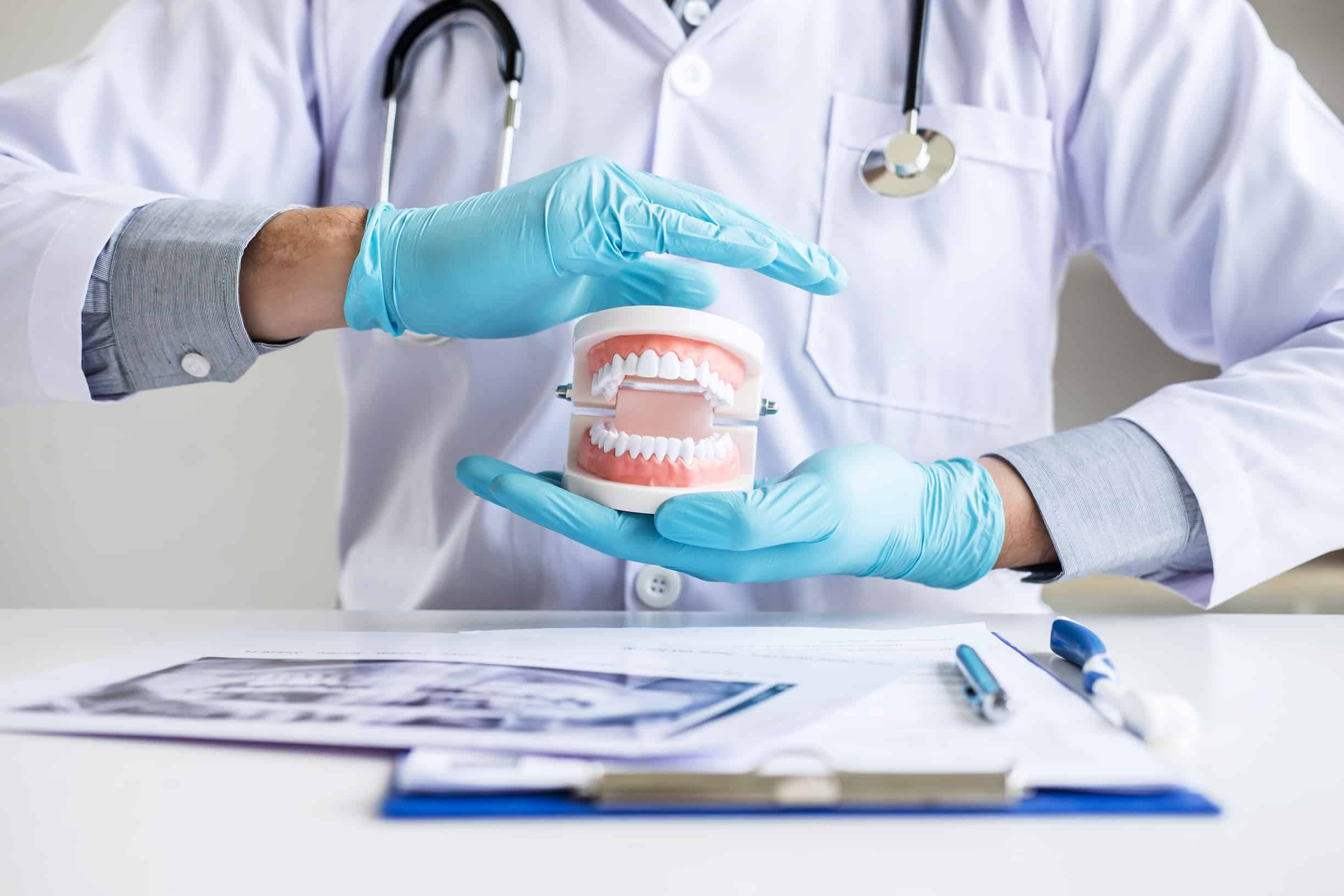
2026 Cost of Maxillofacial Surgery in Turkey
All types of medical attention like maxillofacial surgery are very affordable in Turkey. Many factors are also included in determining the cost of maxillofacial surgery in Turkey. Your process with Healthy Türkiye will last from the time you decide to have a maxillofacial surgery in Turkey until the time you are fully recovered even if you are back home. The exact maxillofacial surgery procedure cost in Turkey depends on the type of operation involved.
The cost of maxillofacial surgery in Turkey does not demonstrate many variations in 2026. Compared to costs in developed countries like the United States or the UK, maxillofacial surgery costs in Turkey are relatively low. Therefore, it’s no wonder patients from across the world visit Turkey for maxillofacial surgery procedures. However, the price is not the only factor affecting choices, we suggest looking for hospitals that are safe and have maxillofacial surgery reviews on Google. When people decide to seek medical help for maxillofacial surgery, they will not only have had low-cost procedures in Turkey, but also the safest and best treatment.
At clinics or hospitals contracted with Healthy Türkiye, patients will receive the best maxillofacial surgery from specialist doctors in Turkey at affordable rates. Healthy Türkiye teams provide medical attention maxillofacial surgery procedures and high-quality treatment to patients at a minimum cost. When you contact Healthy Türkiye assistants, you can get free information about the cost of maxillofacial surgery in Turkey and what this cost covers.
Why Is Maxillofacial Surgery Cheaper in Turkey?
One of the main considerations before traveling abroad for maxillofacial surgery is the cost-effectiveness of the whole process. Many patients think that when they add flight tickets and hotel expenses to their maxillofacial surgery costs, it will become very expensive to travel, which is not true. Contrary to popular belief, round-trip flight tickets to Turkey for maxillofacial surgery can be booked very affordably.
In this case, assuming you are staying in Turkey for your maxillofacial surgery, your total travel expense of flight tickets and accommodation will only cost less than any other developed country, which is nothing compared to the amount that you are saving. The question “why is maxillofacial surgery cheaper in Turkey?” is so common between patients or people simply curious about getting their medical treatment in Turkey. When it comes to maxillofacial surgery prices in Turkey, there are 3 factors allowing cheaper prices:
The currency exchange is favorable for whoever looking for maxillofacial surgery has a euro, dollar, or pound;
The lower cost of living and cheaper overall medical expenses such as maxillofacial surgery;
For maxillofacial surgery, incentives are given by the Turkish Government to medical clinics working with international clients;
All these factors allow for cheaper maxillofacial surgery prices, but let’s be clear, these prices are cheaper for people with strong currencies (as we said, euro, dollar, Canadian dollar, pound, etc).
Every year, thousands of patients from all over the world come to Turkey to get maxillofacial surgery. The success of the healthcare system has increased in recent years, especially for maxillofacial surgery. It is easy to find well-educated and English-speaking medical professionals in Turkey for all kinds of medical treatment such as maxillofacial surgery.
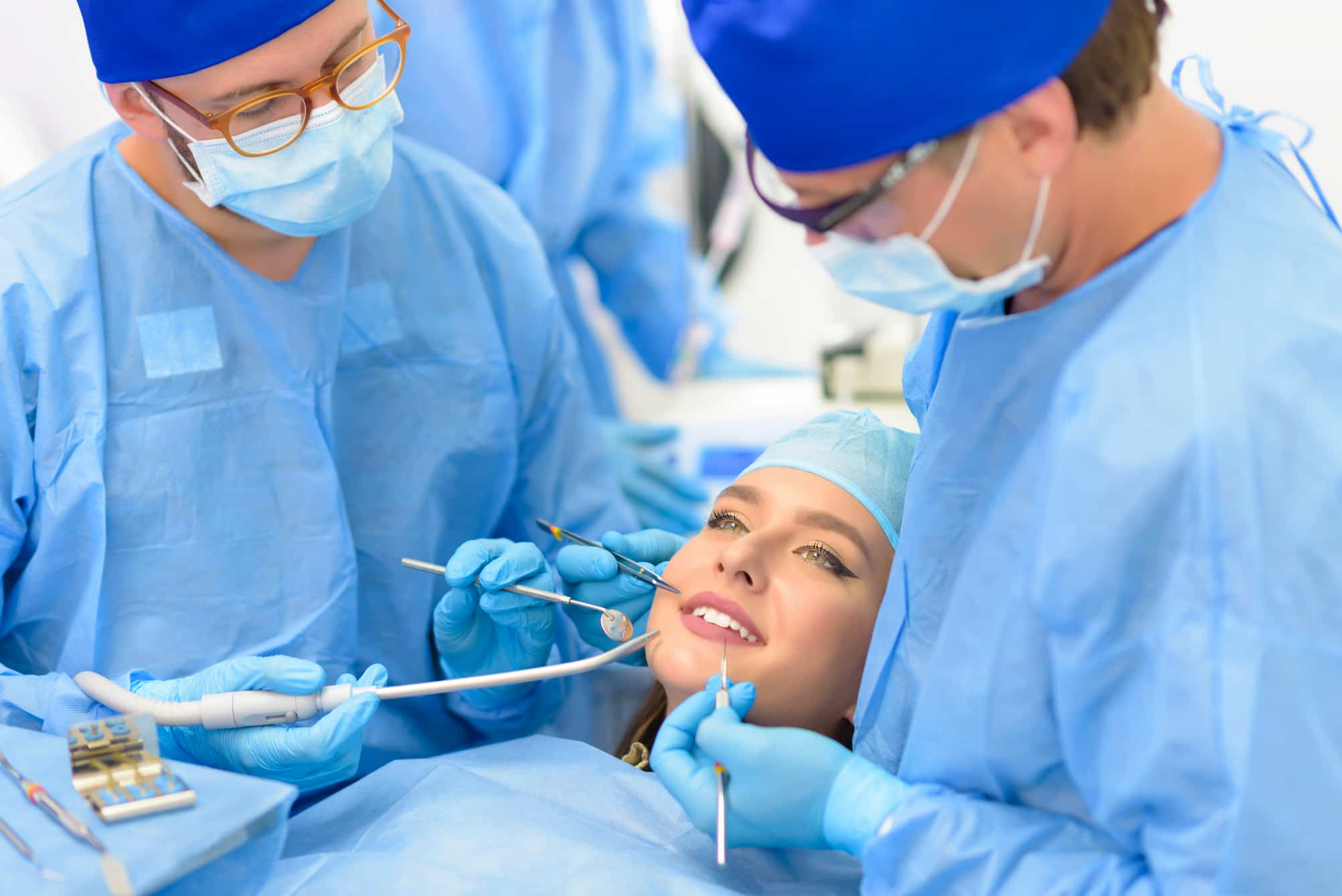
Why Choose Turkey for Maxillofacial Surgery?
Turkey is a common choice among international patients seeking advanced maxillofacial surgery. Turkey’s health procedures are safe and effective operations with a high success rate like maxillofacial surgery. The increasing demand for high-quality maxillofacial surgery at affordable prices has made Turkey a popular medical travel destination. In Turkey, maxillofacial surgery is performed by highly experienced and trained doctors with the most advanced technology in the world. maxillofacial surgery is done in Istanbul, Ankara, Antalya, and other major cities. The reasons for choosing maxillofacial surgery in Turkey are as follows:
High-quality hospitals: Joint Commission International (JCI) accredited hospitals have dedicated maxillofacial surgery units that are specially designed for patients. International and national strict protocols provide effective and successful maxillofacial surgery for patients in Turkey.
Qualified experts: The expert teams include nurses and specialist doctors, together to carry out maxillofacial surgery according to the patient’s needs. All the included doctors are highly experienced in performing maxillofacial surgery.
Affordable price: The cost of maxillofacial surgery in Turkey is affordable compared to Europe, the USA, the UK, Singapore, Australia, etc.
The high success rate: Highly experienced specialists, the best available technology, and stringently followed safety guidelines for post-operative care of the patient, resulting in a high success rate for maxillofacial surgery in Turkey.
Is Maxillofacial Surgery Safe in Turkey?
Did you know Turkey is one of the most visited destinations for maxillofacial surgery in the world? It is ranked one of the most visited tourist destinations for maxillofacial surgery. Over the years it has also come to be a very popular medical tourism destination too with many tourists coming in for maxillofacial surgery. There are so many reasons why Turkey stands out as a leading destination for maxillofacial surgery. Because Turkey is both safe and easy to travel to with a regional airport hub and flight connections to pretty much everywhere, it is preferred for maxillofacial surgery.
The best hospitals in Turkey have experienced medical staff and specialists who have performed thousands of medical services such as maxillofacial surgery. All procedures and coordination related to maxillofacial surgery are controlled by the Ministry of Health in accordance with the law. Over many years, the greatest progress in medicine has been observed in the field of maxillofacial surgery. Turkey is known among foreign patients for its great opportunities in the area of maxillofacial surgery.
To emphasize, besides the price itself, the key factor in selecting a destination for maxillofacial surgery is certainly the standard of medical services, the hospital staff’s high expertise, hospitality, and the safety of the country.
All-Inclusive Packages for Maxillofacial Surgery in Turkey
Healthy Türkiye offers all-inclusive packages for maxillofacial surgery in Turkey at much lower prices. Extremely professional and experienced doctors and technicians carry out the high quality maxillofacial surgery. The cost of maxillofacial surgery in European countries can be quite expensive, especially in the UK. Healthy Türkiye provides cheap all-inclusive packages for a long and short stay of maxillofacial surgery in Turkey. Because of many factors, we can provide you with many opportunities for your maxillofacial surgery in Turkey.
The price of maxillofacial surgery differs from other countries due to medical fees, staff labor prices, exchange rates, and market competition. You can save much more in maxillofacial surgery compared to other countries in Turkey. When you purchase a maxillofacial surgery all-inclusive package with Healthy Türkiye our healthcare team will present hotels for you to choose from. In maxillofacial surgery travel, you will have the price of your stay included in the all-inclusive package cost.
In Turkey, when you purchase maxillofacial surgery all-inclusive packages through Healthy Türkiye, you will always receive VIP transfers. These are provided by Healthy Türkiye, which is contracted with highly qualified hospitals for maxillofacial surgery in Turkey. Healthy Türkiye teams will organize everything about maxillofacial surgery for you and have you picked up from the airport and safely brought to your accommodation. Once settled in the hotel, you will be transferred to and from the clinic or hospital for maxillofacial surgery. After your maxillofacial surgery has been successfully completed, the transfer team will return you to the airport in time for your flight home. In Turkey, all packages of maxillofacial surgery can be arranged upon request, which relaxes the minds of our patients. You can reach out Healthy Türkiye for everything you need to know about maxillofacial surgery in Turkey.
The Best Hospitals in Turkey for Maxillofacial Surgery
The best hospitals in Turkey for maxillofacial surgery are Healthy Türkiye, Memorial Hospital, Acıbadem International Hospital, and Medicalpark Hospital. These hospitals attract patients from all over the world seeking maxillofacial surgery due to their affordable prices and high success rates.
Best Doctors and Surgeons in Turkey for Maxillofacial Surgery
The best doctors and surgeons in Turkey for maxillofacial surgery are highly skilled professionals who offer specialized care and advanced procedures. With their expertise and state-of-the-art techniques, these specialists ensure that patients receive high-quality maxillofacial surgery and achieve optimal health results.
Frequently Asked Questions
Maxillofacial surgery is a specialized field of surgery that involves the diagnosis and treatment of conditions affecting the mouth, jaw, face, and neck. This can include a wide range of procedures, from cosmetic surgeries to correct aesthetic concerns to complex surgeries to correct serious medical conditions.
Maxillofacial surgery can be used to treat a variety of conditions, including facial trauma, cleft lip and palate, jaw misalignment, sleep apnea, oral cancer, and temporomandibular joint (TMJ) disorders, among others.
Pain after maxillofacial surgery will vary depending on the procedure and individual patient factors. Your surgeon will provide you with pain management instructions and medications to help manage any discomfort during the recovery period.
As with any surgical procedure, there are risks associated with maxillofacial surgery. These may include bleeding, infection, nerve damage, scarring, and anesthesia complications, among others. Your surgeon will discuss these risks with you prior to the procedure and take steps to minimize the risk of complications.
Your surgeon will provide you with specific instructions on how to prepare for your procedure, which may include avoiding certain medications, stopping smoking, and fasting before the procedure. It is important to follow these instructions closely to ensure a successful surgery and recovery.
The recovery time for maxillofacial surgery will depend on the specific procedure and individual patient factors. Some procedures may require only a few days of recovery, while others may require several weeks or months. Your surgeon will provide you with specific post-operative instructions and a timeline for recovery.
